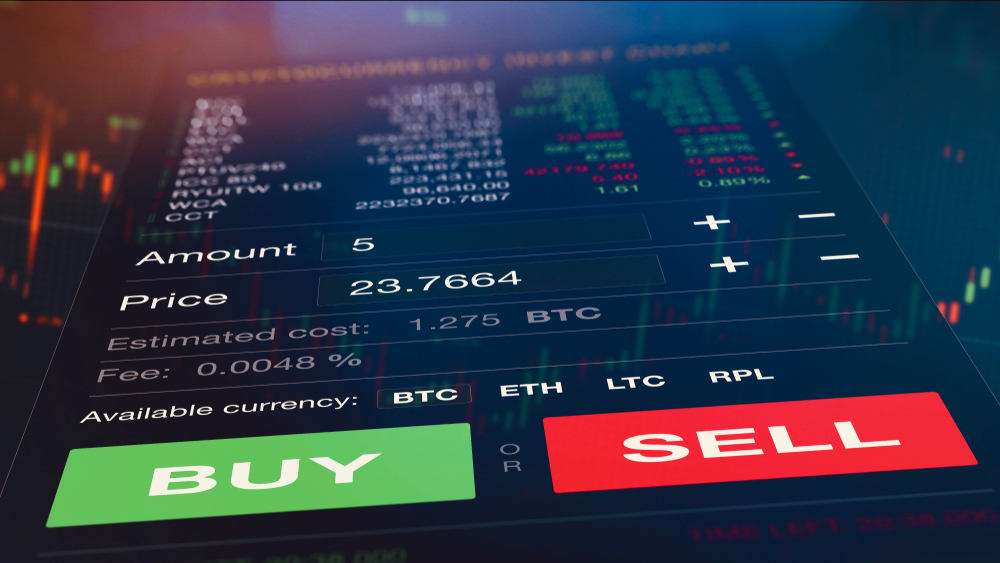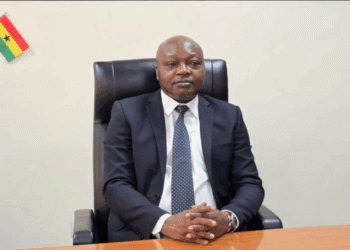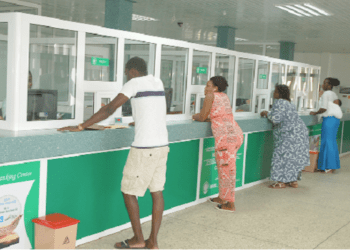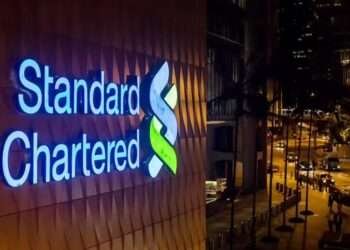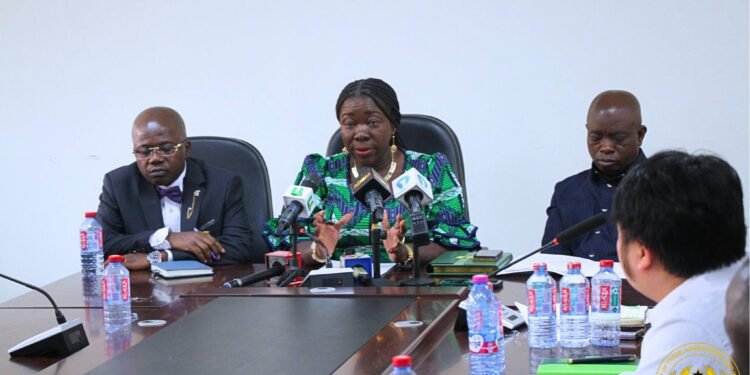The government of Ghana has trailed its Treasury Bills target for the third week in a row, as interbank liquidity continues to tighten. The government fell short of its target of GH¢919.00 million by 23% as the government received total bills to the tune of GH¢702.61.
The costs of short-term securities, according to the Bank of Ghana’s auction results, remained marginally higher than the previous auction rates. This could be a purposeful move by the government to woo investors after a streak of missed money market targets.
According to the auction results from the Bank of Ghana, the Government of Ghana accepted GH¢ 508.47 million from 91-day T-Bill, GH¢ 124.81 million from 182-day T-Bills and GH¢ 69.33 million from 364-day T-Bill.
Expectedly, Investors’ focus turned to the 91-day bill, which was the most heavily subscribed of the T-bills auctioned. GH¢ 508.47 million was tendered for the three-month bill, and all of it were accepted. The three-month bill was auctioned at 12.53%, a little rise above the previous auction rate of 12.51 percent. Domestic investors will be happy to see that their gains have grown by 0.02 percentage points when compared to those who purchased the same bill last week. Investors were prepared to receive as little as 12.37 percent for the bill and as much as 12.56 percent for it.
For the half-year bill, GH¢ 124.81 million was tendered for the bill and all those amounts were accepted. The six-month bill was auctioned for 13.21 percent of its face value, slightly more than the previous rate of 13.19 percent, which might have encouraged investors to invest more in the bill. Investors were willing to trade for the bill at the lowest rate of 12.99 percent and the maximum rate of 13.33 percent.
The 364-day T-Bill on the other hand, had the lowest subscription rate. This is most likely due to the length of time it takes for it to mature. In all, GH¢ 69.33 million was tendered for the 364-day bill, all of which were accepted. Expectedly, it is the most profitable risk-free bill among the short-term bills as it had the highest interest rate. This is best suited for those who do not want immediate liquidity. The one-year bill sold for 16.64 percent of its face value at auction. Investors were willing to trade for the bill at a rate of 16 percent at the lowest and 17 percent at the maximum.
Discounted rates for the investment bills
The discounted rate, or the amount investors earn when they buy an investment bill, was 12.14 percent for the 91-day bill, compared to 12.13 percent in the last auction on December 27th. The 91-day bill has the lowest discounted rate of 12% and the highest discounted rate of 12.18%.
Additionally, the 182-day bill was auctioned at 12.39 per cent. The lowest discounted rate for the 182-day bill was 12.2 per cent and the highest for the bill was 12.25 per cent.
For the 1-year investment bill, it was auctioned at a discounted rate of 14.27 per cent. The lowest discounted rate for the 364-day bill was 13.79 per cent and the highest for the bill was 14.53 per cent.
The Central bank announced that the government of Ghana’s total target for the 91-day bill, 182-day bill and the 364-day bill is GH¢ 982.00 million for the next auction.
READ ALSO: Glico General Debuts Two Insurance Policies

